Tag: Biology
-
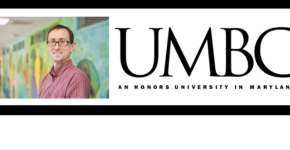
Jeffrey Gardner, University of Maryland Baltimore County – Bio-prospecting
We’ve all heard of gold rush prospectors, but how about bio prospectors? Jeffrey Gardner, Assistant Professor in the Department of Biological Sciences at the University of Maryland Baltimore County, explores how we can find better ways to make the products we use today. Our lab is focused on understanding the metabolism and physiology of bacteria,…
-

Shelby Putt, Indiana University – Functional Brain Networks and Early Stone Tools
To view history, let’s dig into our brains instead of the Earth. Shelby Putt, postdoctoral research fellow at Indiana University, discusses why learning how our ancestors used their brains can help us understand the evolutionary puzzle. Dr. Putt is a Postdoctoral Research Fellow at the Stone Age Institute and the Center for Research into the…
-
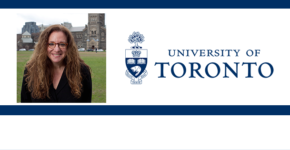
Marla Sokolowski, University of Toronto – Fruit Flies and Obesity
Newborn fruit flies might not be that different from human babies. Marla Sokolowski, professor in the department of ecology and evolutionary biology at the University of Toronto, looks at the genes of both species and finds a link that could help control obesity for us all. Marla B. Sokolowski, B.Sc. (1977, University of Toronto), Ph.D.…
-
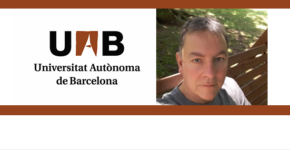
Oscar Vilarroya, Autonomous University of Barcelona – Pregnancy Modifies a Woman’s Brain
Pregnancy modifies a woman’s body, but how about her brain? Oscar Vilarroya, associate professor in the department of psychiatry and forensic medicine at the Autonomous University of Barcelona, delves into whether pregnancy leads to changes in how a new mother thinks. I am currently Associate Professor of Psychiatry at the Universitat Autonoma de Barcelona (UAB),…
-
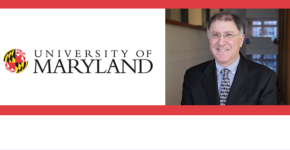
Jonathan Dinman, University of Maryland – VEEV
Is there a vaccine on the way for a weaponized virus from the Cold War? Jonathan Dinman, professor of cell biology and molecular genetics at the University of Maryland, explores a breakthrough against a dangerous pathogen. Jonathan Dinman received his A.B. in Philosophy from Oberlin College in 1980, and his Ph.D. in Immunology and Infectious…
-
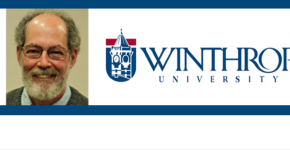
William Rogers, Winthrop University – Dolphins
Do dolphins speak in different dialects? William Rogers, professor of biology at Winthrop University, examines river dolphins in Peru to answer this question. Dr. Rogers has taught biology at various levels since he was in high school in San Francisco, Calif. He has been at Winthrop for more than 20 years and before that taught…
-
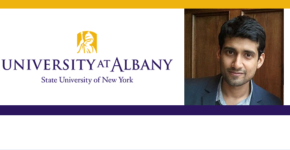
Prashanth Rangan, University at Albany – Fruit Flies Offer Fertility Clues
What can fruit flies tell us about ourselves? Prashanth Rangan, associate professor of biological sciences at the University at Albany, delves into this question. Prash got his undergraduate engeneering degree in Industrial Biotechnology in India. While pursuing his undergraduate degree, he spent a summer rotation working in a virology lab which left an indelible mark.…
-
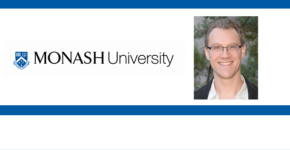
Alistair Evans, Monash University – Predicting Human Evolution through our Teeth
How similar are our teeth to our ancestor’s? Alistair Evans, senior research fellow at Monash University, explores if our ancestors can be identified just by finding some of their loose teeth. Dr Evans is an evolutionary biologist who studies the teeth of mammals. This includes how they break food, how they develop in the…
-
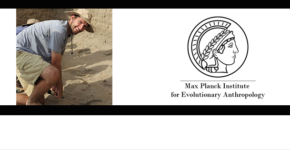
Kevin Hatala, Max Planck Institute of Evolutionary Anthropology – Footprints of Homo Erectus
Did Homo Erectus walk as we do today? Kevin Hatala, post-doctoral researcher at the Max Planck Institute for Evolutionary Anthropology and now at Chatham University, determines whether the feet of our ancestors resemble our own. Kevin Hatala is a paleoanthropologist whose research interests are centered on the evolution of hominin anatomy and locomotion, including how they…
-

Richard Stevens, University of Connecticut – Artificial Lighting and Our Health
Turn off the lights. Richard Stevens, professor in the school of medicine at the University of Connecticut, examines the effects of electric light on our circadian rhythms. Dr. Stevens has been working for a long time trying to help figure out why people get cancer. One of his major interests has been in the possible…
